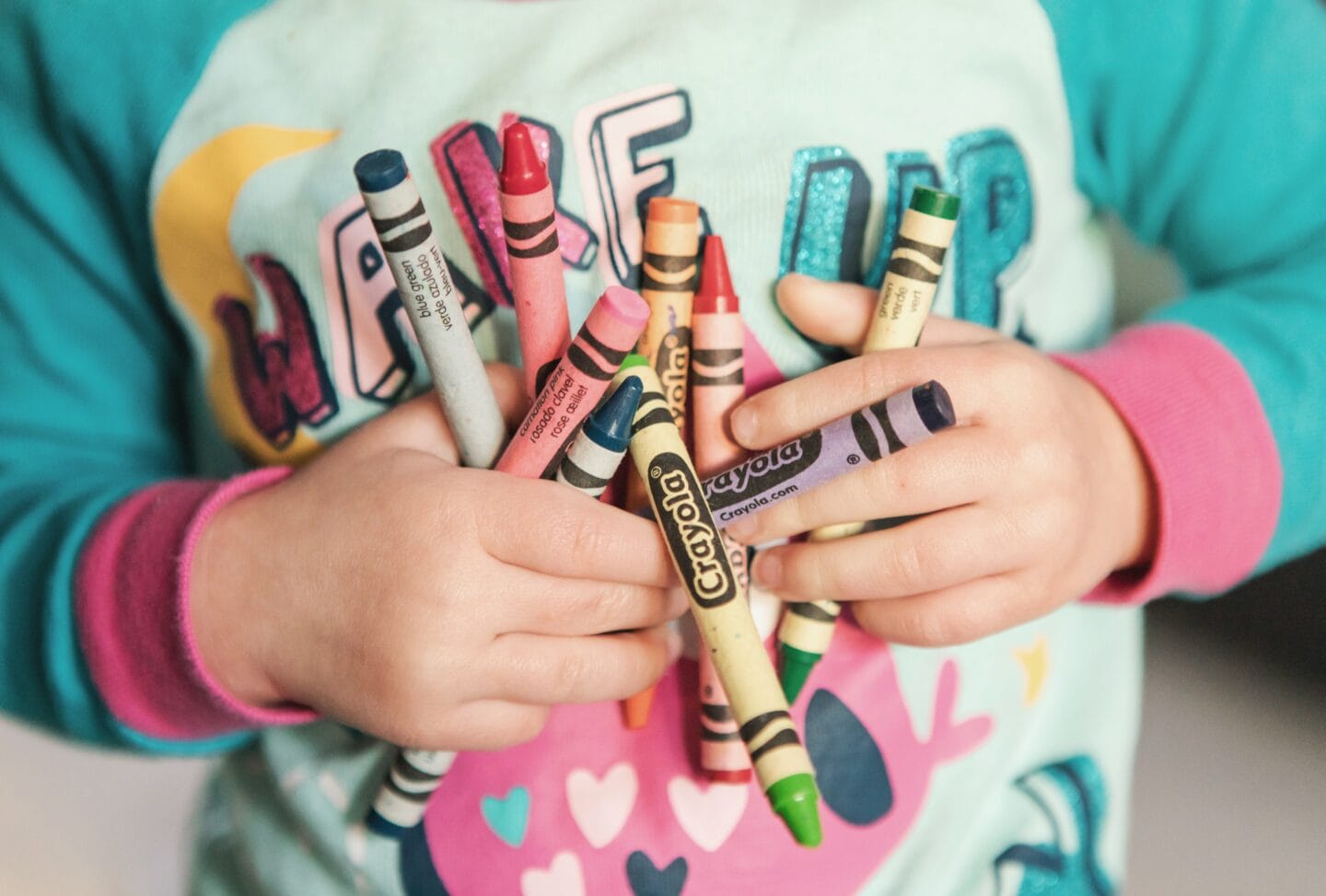Starting potty training too early will only lead to failure, and so understanding when your child is ready to be potty trained will help you know when is best to start. Below we look at the signs your child is ready, what age this may be, and how you can help them through their journey.
Age
Every child develops differently, and so you shouldn’t be worried if your child isn’t ready for potty training while other toddlers you know are already using the toilet. If your child isn’t ready yet, pushing them towards something they aren’t mentally prepared for will only cause more problems, making it harder for the both of you. If you are worried your child still isn’t showing signs of being ready and they are coming to pre-school age, check out this helpful article or speak to your pediatrician if you have deeper-rooted concerns.
Most children will be ready for potty training anywhere from 18 months to 3 years of age. Often, boys lag behind girls and take a few extra months to be ready. This is just the average age and doesn’t mean your child won’t be ready later, or perhaps earlier than this.
Signs Your Child is Ready
There are certain signs that your child may be using to try to let you know they are ready for using the toilet and they understand when they need to go. Your child may display all of these signs, just some, or only one, but they all mean your child is ready to get rid of their diapers:
- Pulling their diaper – Pulling at their diaper means your child understands it is full and feels uncomfortable. When they start to feel uncomfortable wearing a diaper and doing their business in it, you know they are ready to begin toileting.
- Hiding when using their diaper – If your child doesn’t like you seeing when they are peeing or pooping in their diaper, this is another sign they understand the social concept of toileting and that it is mostly done in solitude.
- Interest in toilet or potty – If you have an older child that is using the toilet, you may see your younger child begin to take interest in what they are doing or sit on the potty or toilet themselves. This can be a sign that they are ready to start potty training, but it may also just be a sign that they enjoy copying their older sibling, so you need to be sure why they are doing it first.
- Having more dry diapers – If you notice your child’s diaper is dry more than usual, this is a big sign they are ready for potty training. It could be that they have more control of their bladder now and so are having fewer wet diapers. Another reason for dry diapers is comfort or embarrassment. All of these are signs that your child is ready to get rid of their diaper.
- Dry after naps – If your child’s diaper is dry following a nap, they are gaining more control over their bladder and are ready to begin potty training.
- Telling you they need a wee/poop, or they have just gone – If your child is showing understanding that they need to go pee or poop, are currently going, or have gone, then they are aware of their basic needs and will be ready to tell you when they need the potty.
How to Help Your Child with Potty Training
Potty training, especially if not done before, is a lot of trial and error. That being said, there are certain tips to follow when starting potty training with your child. Every child is different, meaning there is no definitive way to teach your child how to go potty, and only you will understand their unique learning style and understanding. The children who tend to struggle the most with potty training are those who have additional learning needs, such as autism.
This is because they may not have a great understanding of their needs or have the ability to express themselves as other children can. As parents of an autistic child, you will understand better than anyone what your child is telling you, but potty training can still pose a lot of challenges. Autism and potty training can be difficult for both you and your child, but the team at Autism Parent Magazine understand how to help you make things less stressful for both of you. Autistic children show many of the same signs they are ready to be potty trained and following this guide can help you with any questions, worries or queries you may have.
Potty training can be a difficult time, but being patient and waiting for your child to be ready will provide the best potty-training experience for the both of you.

